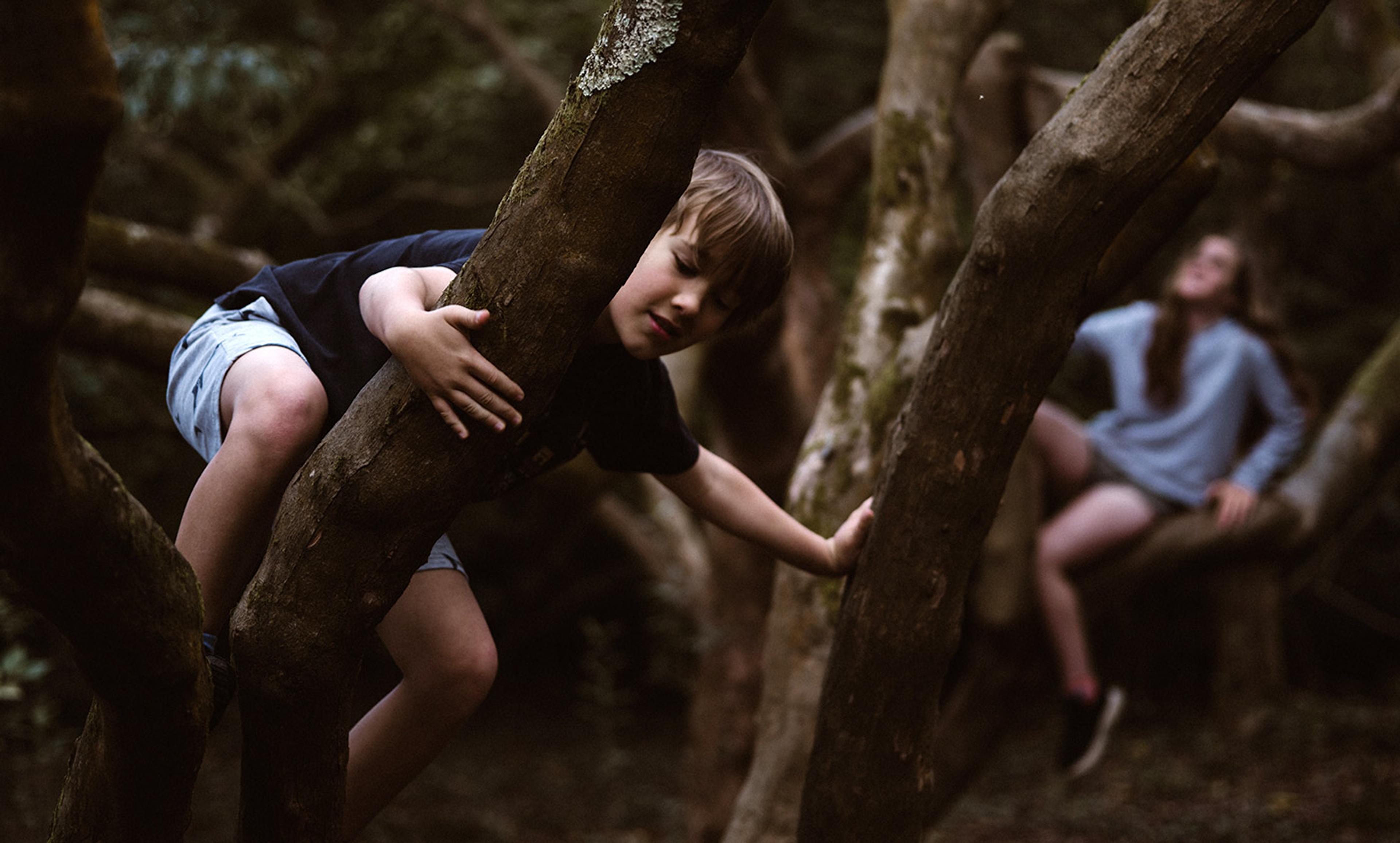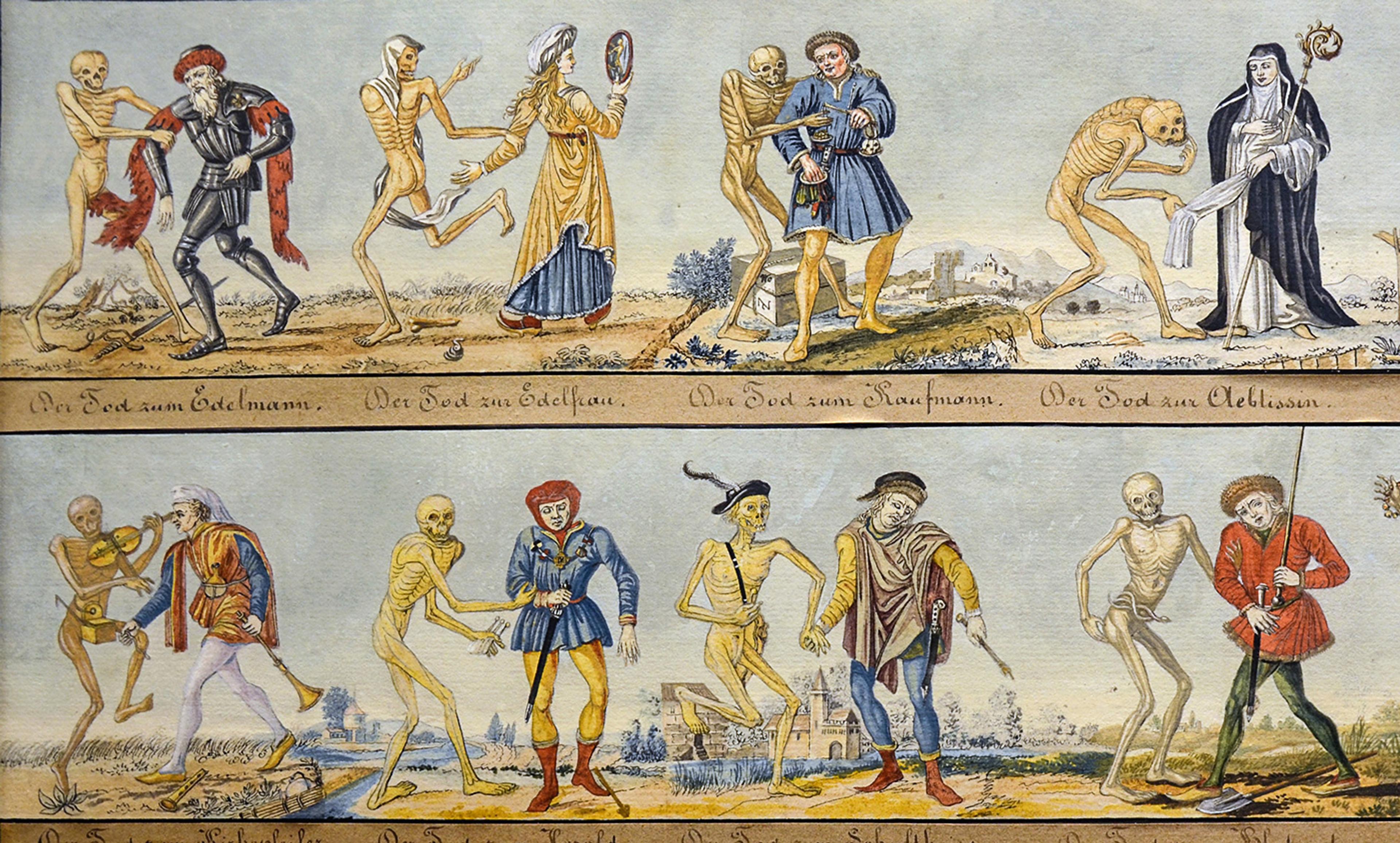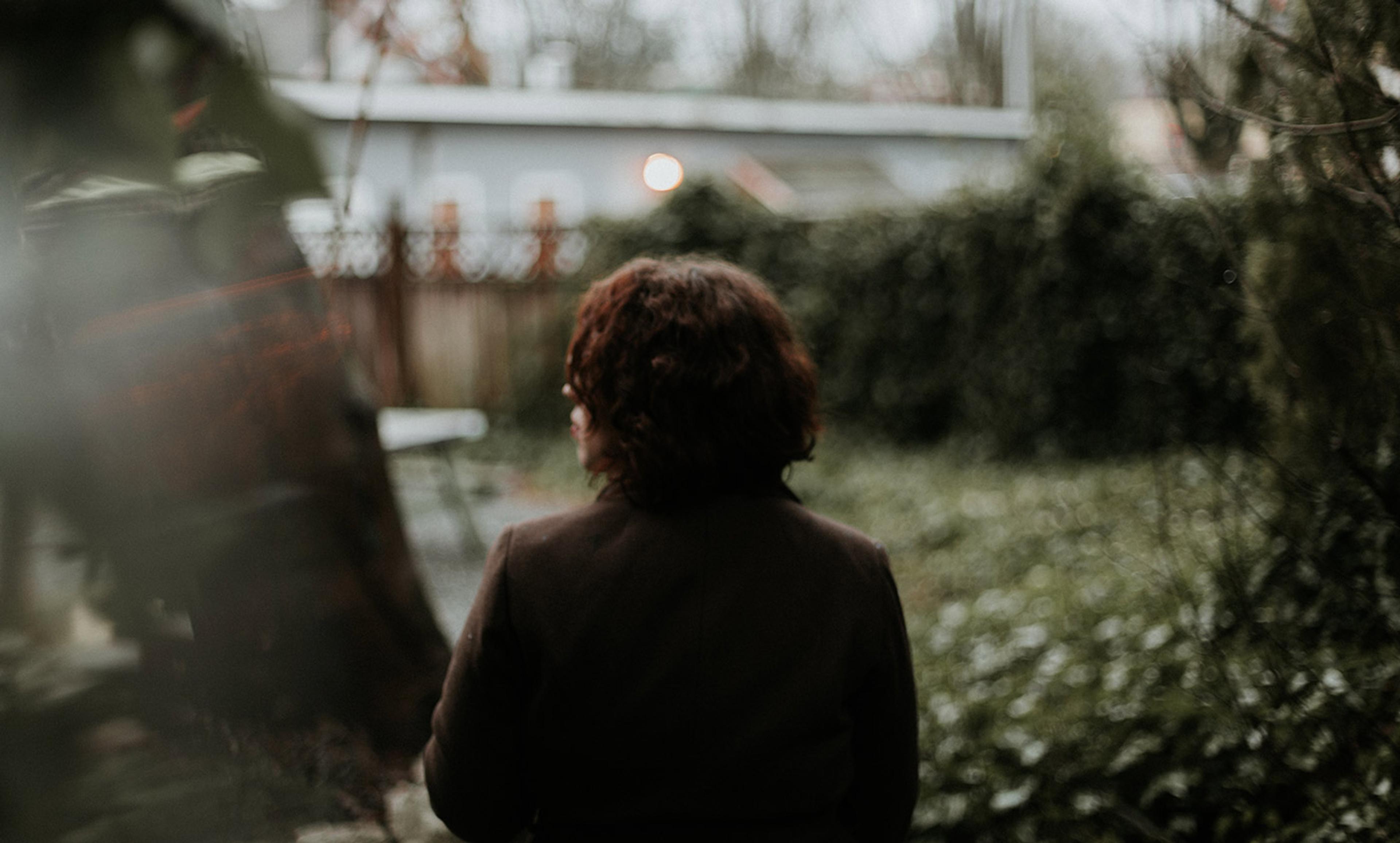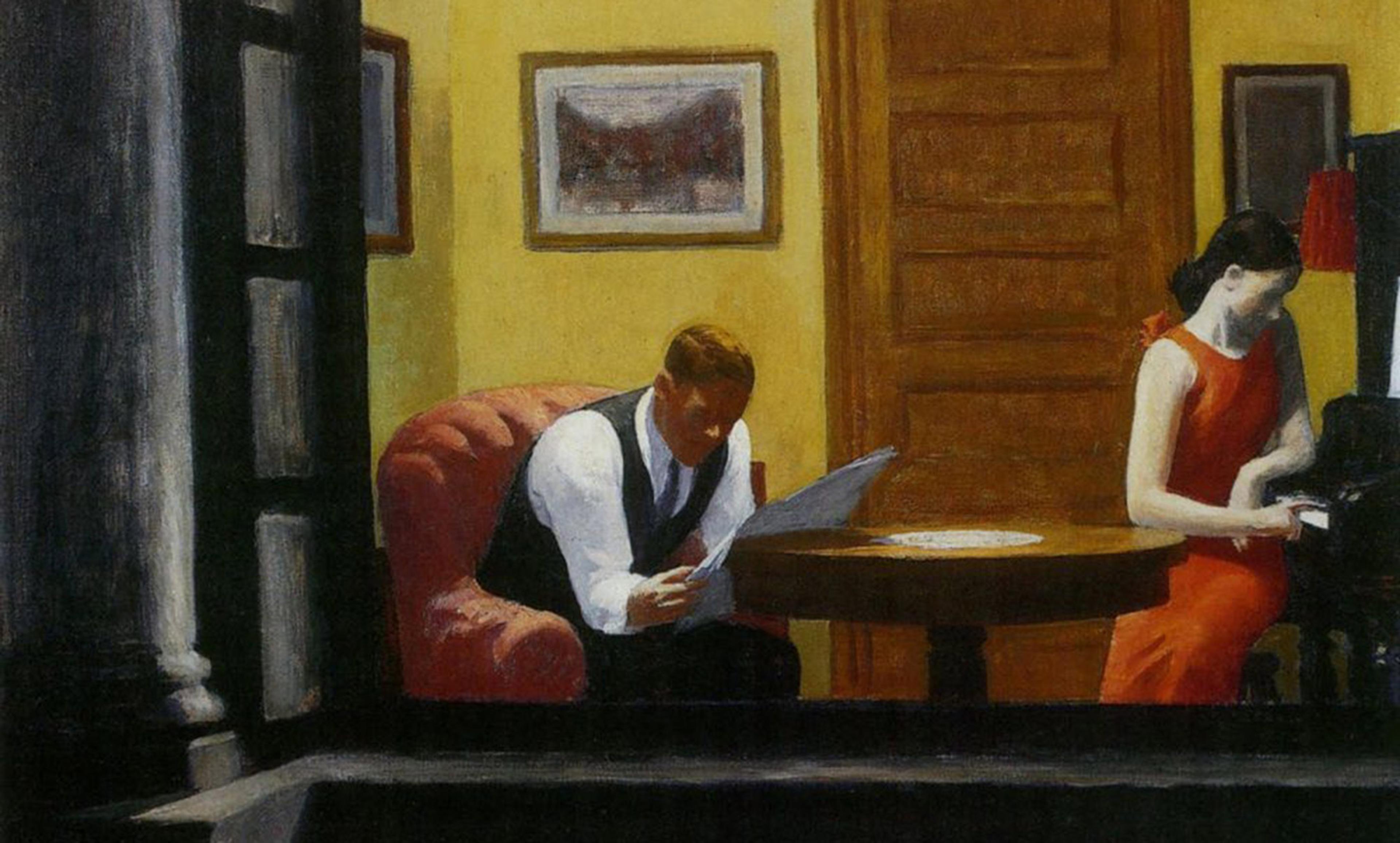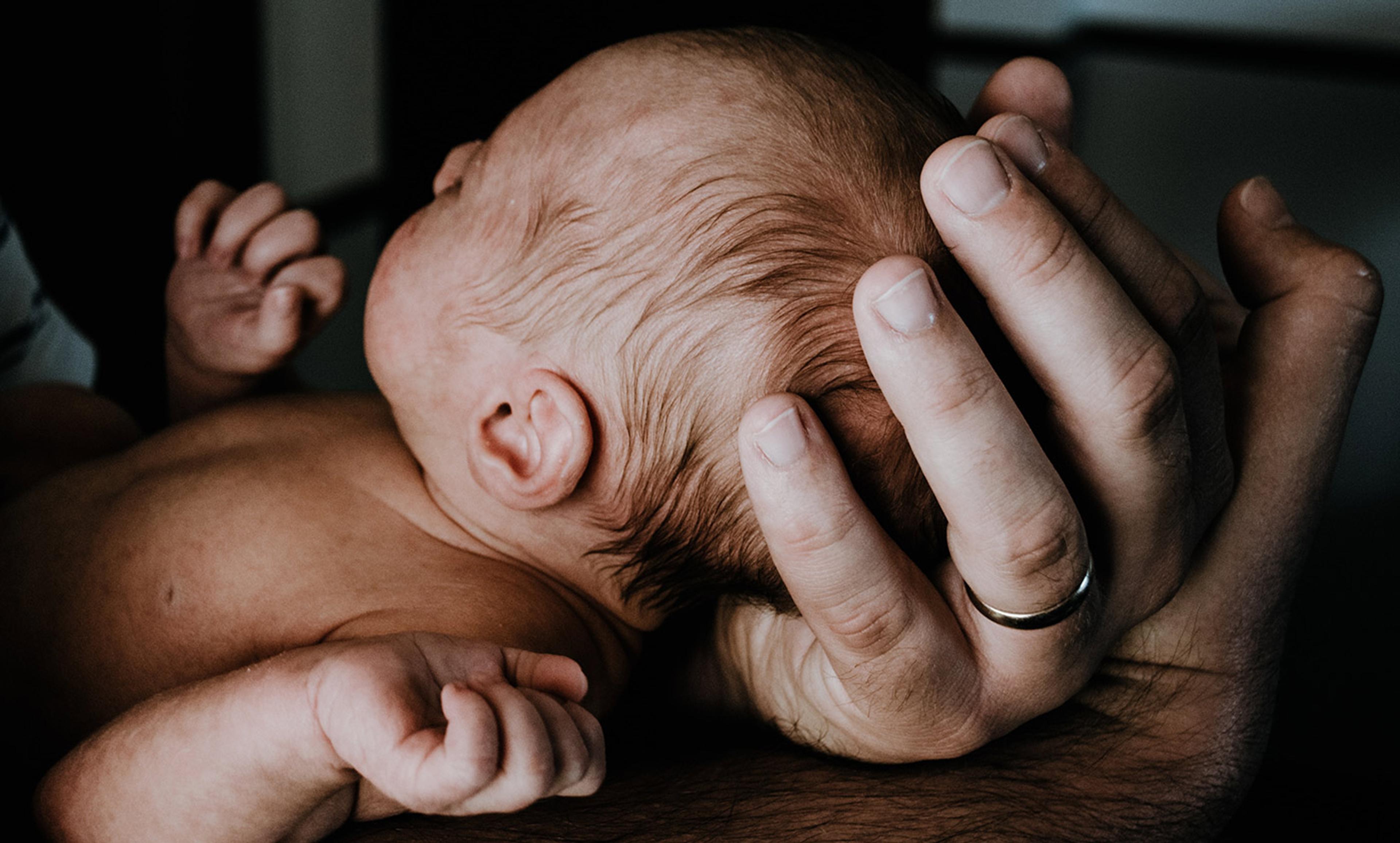
Photo by Kelley Sikkema/Unsplash
Many people feel anxious about the prospect of their death. Indeed, some philosophers have argued that death anxiety is universal and that this anxiety bounds and organises human existence. But do we also suffer from birth anxiety? Perhaps. After all, we are all beings that are born as well as beings that die.
Whereas philosophers have said a lot about our anxiety about death, they have said little about birth anxiety. This is part-and-parcel of the broader neglect of birth in the Western philosophical tradition. The guiding thought has been that ‘all men are mortal’ (‘men’ in the sense of ‘human beings’) rather than ‘all human beings are mortal and natal’.
Once we bear in mind that we are natal as well as mortal, we see some ways in which being born can also occasion anxiety. As the bioethicist David Albert Jones writes in The Soul of the Embryo (2004):
We might be telling someone of a memory or event and then realise that, at that time, the person in front of us did not even exist! Someone who is real and significant in our lives, who is the centre of his or her own story … once did not exist. If we seriously consider the existence and the beginning of any one particular human being … we realise that it is something strange and profound. Many philosophers have recognised that the existence of the world is something mysterious … However, if we truly grasp the existence of any one person we see that this too is mysterious …
The same goes for each individual’s own existence. I began to exist at a certain point in time, and there is something mysterious about this. I haven’t always been there; for aeons, events in the world unfolded without me. But the transition from nonexistence to existence seems so absolute that it is hard to comprehend how I can have passed across it.
To compound the mystery further, there was no single crossing point. In reality, we don’t begin in the sudden, dramatic way announced by Ruby Lennox, the narrator and protagonist of Kate Atkinson’s novel Behind the Scenes at the Museum (1995): ‘I exist! I am conceived to the chimes of midnight on the clock on the mantelpiece in the room across the hall.’ Rather, I came into existence gradually. When first conceived, I was a single cell (a zygote). Then I developed a formed body and began to have a rudimentary level of experience during gestation. And once out of my mother’s womb, I became involved in culture and relationships with others, and acquired a structured personality and history. Yet the zygote that I began as was still me, even though it had none of this.
This might seem to suggest that being born is mysterious rather than anxiety-inducing. But it is disconcerting that my particular existence defies comprehension in respect of its beginnings, and that the Universe contains many people each of whose beginning is likewise mysterious. When we confront these disconcerting realities, we can feel uneasy and uncomfortable. Our everyday, familiar world is exposed as having respects in which it goes beyond our understanding. We cannot feel so straightforwardly at home in the world. This is a sort of anxiety.
Another factor in our difficulties making sense of our own origins is our inability to remember being born. This is part of our more general inability to remember our infancy – a phenomenon that Sigmund Freud in 1905 called ‘infantile amnesia’. Essentially, this amnesia is caused by the fact that our systems for forming and laying down memories change during childhood. This process of change is largely complete by ages six to eight. Whereas our early forms of memory are tacit, practical and emotional, the forms of memory we have acquired by age eight are explicit, linguistic and narratival. This change makes the earlier memories unavailable to us, and some of them are even destroyed.
At the same time, the period of infancy is formative for us. This is when many fundamental features of our personalities take shape, under the influence of the particular individuals and circumstances we encounter then and of our relationships with our first caregivers. We form habits, patterns of action and reaction, that will remain with us throughout our lives. Every time I feel scared of a dog approaching me, I exhibit an emotional response I first formed in childhood. As I walk along with a particular gait and style of movement, I re-enact habits I established in childhood.
But since infancy and childhood are formative for us, and yet we can explicitly remember little about them, we are left in the dark about fundamental features of our own personalities. Why do we fall in and out of love with the people we do? Why does a certain song move me to tears and leave you cold? Infantile amnesia means that the rationale for much of our emotional lives lies out of our reach.
To be born, and therefore to begin life as an infant and child, is to be destined to forget much of one’s early life, even while it still lives on within one. It is to be limited in how far one can understand oneself and the wellsprings of motivation from which one acts and reacts. This aspect of being born, as well as the mystery of our own beginnings, can arouse anxiety. For, when we pay attention to infantile amnesia, we can feel uneasy and uncomfortable realising that we will never be able to make full sense of ourselves or of our own motivations and impulses. We are bound in important ways to remain strangers to ourselves.
Yet there might still seem to be a basic reason why we cannot feel anxious to have been born as we feel anxious about death. My birth is in the past, whereas my death is in the future. One might intuitively think that we can feel anxious only about future possibilities.
Then again, at times people do feel anxious about the past. Sometimes they feel social anxiety remembering having said or done the wrong thing in a past social situation. And post-traumatic stress disorder is anxiety about traumatic events suffered in the past. Indeed, the psychoanalytic theorist Otto Rank, author of The Trauma of Birth (1924), believed that we all experience birth anxiety understood as a form of post-traumatic stress disorder (although he didn’t use the phrase): anxiety prompted by memories of the trauma of leaving the mother’s womb.
But taking it that we can feel anxious about past events, the forms of birth anxiety discussed in this piece are not about my birth as a specific past event. Rather, they are anxieties about ongoing features of my existence that it has insofar as I was born – for instance, anxiety about how I am bound to be strange to myself by virtue of having been born. Here, these forms of birth anxiety are not so different from death anxiety after all, because death anxiety is likewise about my ongoing condition as a mortal being – I am always vulnerable to death, which can always intervene to leave my projects interrupted and unfinished. Similarly, in birth anxiety it is my whole condition as a natal being about which I am anxious.

